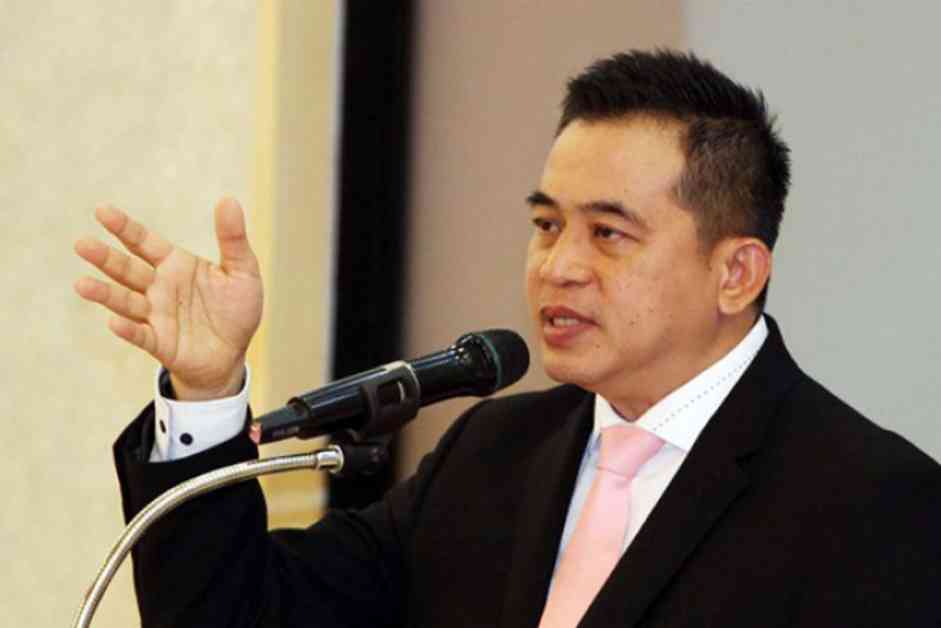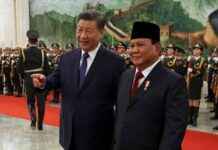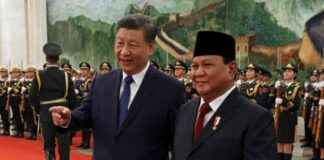Thailand Central Bank Chair Selection Process Restarted After Lengthy Delay
Thailand has recently made headlines as it resumes the process of selecting a new chairman for the country’s central bank. This move comes after months of delay following an unsuccessful attempt to appoint a former minister to the position due to political affiliations. The Finance Ministry has put forth a new candidate, former permanent secretary for finance Somchai Sujjapongse, as it prepares to make its decision. Meanwhile, academic Surapon Nitikraipot, who was nominated by the Bank of Thailand, is also in the running for the coveted role.
The Role of the BoT Chairman and the Delayed Appointment
The role of the Bank of Thailand (BoT) chairman is crucial, even though they are not directly involved in monetary policy decisions. The chairman plays a significant role in selecting members of the Monetary Policy Committee and evaluating the performance of the governor. However, the process of appointing a new chairman has faced significant delays. This delay was primarily due to the opposition against the nomination of Kittiratt Na-Ranong, the former finance minister, whose close ties to the ruling Pheu Thai Party raised concerns about his suitability for the position.
Government’s Stance on Monetary Policy and BoT Influence
The government’s stance on monetary policy and the influence it holds over the BoT has become a topic of interest. Prime Minister Paetongtarn Shinawatra’s administration has been vocal about advocating for rate cuts to stimulate the economy. With incumbent Sethaput Suthiwartnarueput nearing the end of his term, the government is keen on appointing a candidate who aligns with its economic agenda. The push for a more accommodative stance on monetary policy is evident, with calls to slash rates to counteract the challenges posed by global trade risks, low inflation, and negative loan growth.
Expert Insights and Future Rate Decisions
Amidst the discussions surrounding the appointment of a new BoT chairman and the government’s economic policies, expert opinions shed light on the current economic landscape. Advisers to Prime Minister Paetongtarn emphasized the need for rate cuts to support economic growth, especially in the face of prevailing challenges. The benchmark interest rate, which currently stands at 2.25%, is seen as insufficient to address the economic headwinds. As the BoT prepares to review the policy rate on February 26, all eyes are on the upcoming decisions that will shape Thailand’s economic trajectory.
In conclusion, the selection of a new chairman for the Bank of Thailand marks a critical juncture in the country’s economic landscape. The government’s efforts to align monetary policies with its economic agenda, coupled with the appointment of a candidate who can navigate the complexities of the role, will play a pivotal role in shaping Thailand’s financial future. As stakeholders await the outcome of the selection process and subsequent policy decisions, the implications of these developments are poised to have far-reaching effects on Thailand’s economy.




















